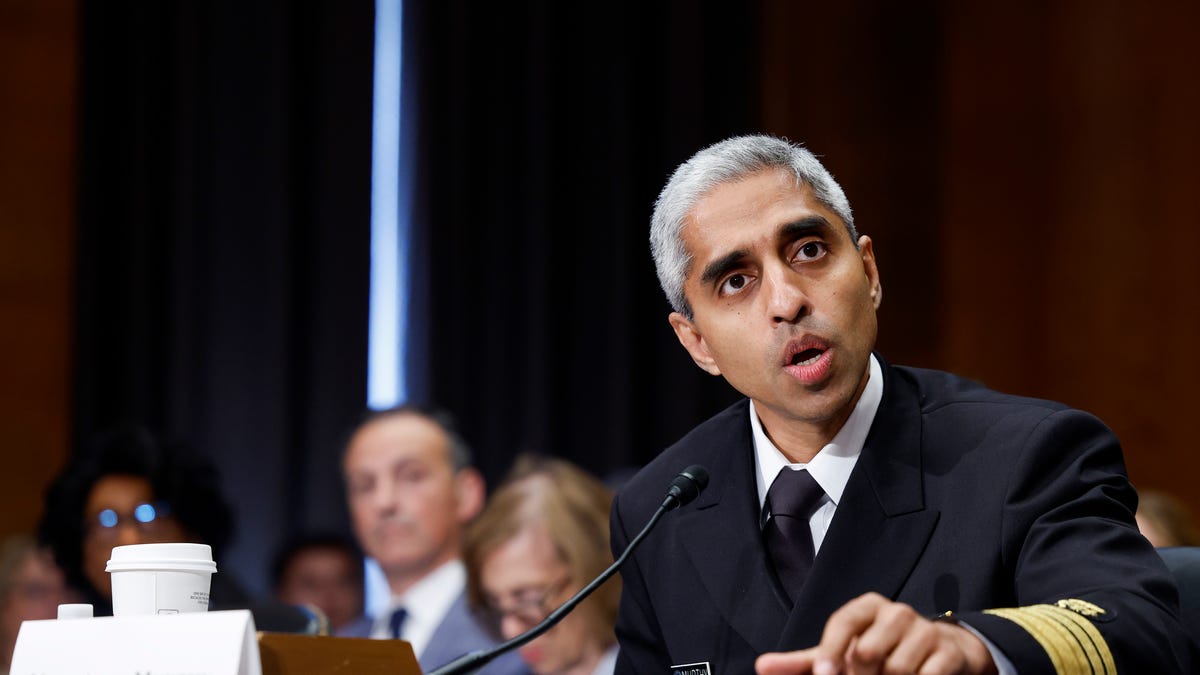Surgeon General Advocates for Cancer Warnings on Alcohol Labels
In a significant public health initiative, the U.S. Surgeon General is advocating for mandatory cancer warning labels on alcoholic beverages. This bold move is aimed at raising awareness about the potential health risks associated with alcohol consumption, especially its connection to various types of cancer. As this conversation unfolds, it invites a broader discussion about alcohol’s role in society and the need for informed consumer choices.
The Current Landscape of Alcohol Consumption
Alcohol is deeply embedded in American culture, often associated with social gatherings, celebrations, and relaxation. According to the National Institute on Alcohol Abuse and Alcoholism (NIAAA), approximately 54.3% of adults aged 18 and older reported that they drank alcohol in the past month. While moderate consumption may be considered acceptable or even beneficial in some contexts, the potential health risks cannot be overlooked.
Research has increasingly highlighted the link between alcohol and cancer. The World Health Organization (WHO) classifies alcohol as a Group 1 carcinogen, indicating sufficient evidence that it can cause cancer in humans. This classification encompasses various types of cancer, including:
- Breast cancer
- Colorectal cancer
- Esophageal cancer
- Liver cancer
- Head and neck cancers
Despite these findings, many individuals remain unaware of the extent to which alcohol can contribute to cancer risk. This is where the Surgeon General’s initiative comes into play.
Understanding the Advocacy for Warning Labels
The Surgeon General’s call for cancer warnings on alcohol labels is rooted in the desire to educate consumers. By mandating clear and visible warnings, similar to those found on tobacco products, the initiative aims to:
- Increase awareness about the cancer risks associated with alcohol consumption
- Encourage responsible drinking behaviors
- Empower consumers to make informed choices about their health
This move is not without precedent. Countries such as Australia and Canada have implemented similar labeling requirements, leading to increased public awareness and changes in consumption patterns. Advocates argue that it’s time for the United States to follow suit, given the significant health implications of alcohol.
Potential Benefits of Cancer Warnings on Alcohol Labels
Implementing cancer warnings on alcohol labels could have several positive outcomes:
- Enhanced Public Awareness: Clear labeling can provide consumers with essential information regarding the health risks associated with their choices.
- Reduced Consumption: Studies suggest that when consumers are made aware of the potential health risks, they may choose to reduce their alcohol intake.
- Encouragement of Healthy Conversations: The initiative could spark discussions about alcohol consumption, health, and safety within families and communities.
Moreover, the initiative aligns with broader public health goals, as emphasized by the Healthy People 2030 initiative, which seeks to improve health outcomes across the nation.
Challenges and Opposition
While the initiative is gaining traction, it faces opposition from various sectors. The alcohol industry, which generates significant revenue and employs millions, may resist changes that could affect sales. Concerns include:
- Economic Impact: Opponents argue that mandatory warnings could lead to reduced sales and job losses within the industry.
- Consumer Autonomy: Some critics believe that individuals should be trusted to make their own choices without government intervention.
- Effectiveness of Warnings: There is a debate regarding the actual effectiveness of warning labels in changing consumer behavior.
These challenges highlight the complexity of addressing public health issues in a way that balances education with economic realities. However, proponents maintain that the health benefits far outweigh potential drawbacks.
The Role of Education and Community Support
Education plays a vital role in this initiative. Public health campaigns can complement the labeling efforts by providing comprehensive information about the risks of alcohol consumption. Community programs focusing on responsible drinking, addiction prevention, and cancer awareness can further support these efforts.
Local organizations and health departments can partner to host events, workshops, and discussions aimed at educating the public. For instance, engaging local healthcare providers to discuss the risks of alcohol and cancer during routine check-ups could enhance the message’s reach.
The Path Forward: A Call to Action
As the Surgeon General advocates for cancer warnings on alcohol labels, it is crucial for individuals, communities, and policymakers to engage in this conversation. Here are some actions that can be taken:
- Support Public Health Initiatives: Advocate for policies that prioritize public health, including alcohol warning labels.
- Educate Yourself and Others: Learn about the risks associated with alcohol consumption and share this information within your community.
- Engage in Responsible Drinking: If you choose to consume alcohol, do so in moderation and be mindful of your health.
Ultimately, the goal is to create an informed society that recognizes the health risks associated with alcohol while fostering a culture of responsible consumption.
Conclusion
The U.S. Surgeon General’s advocacy for cancer warnings on alcohol labels is a crucial step toward enhancing public health awareness. With growing evidence linking alcohol consumption to various cancers, it is imperative that consumers are well-informed. By implementing clear labeling and supporting educational initiatives, we can empower individuals to make healthier choices and contribute to a significant reduction in alcohol-related health risks. This campaign not only serves to protect public health but also encourages a broader dialogue about the role of alcohol in our lives, urging us all to consider the implications of our choices.
See more WebMD Network



